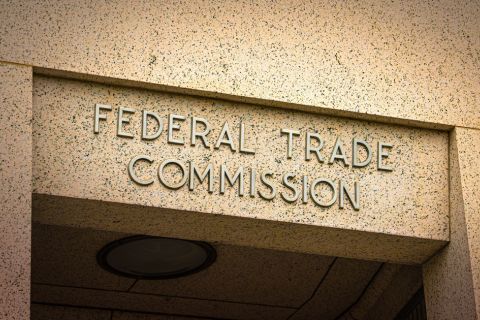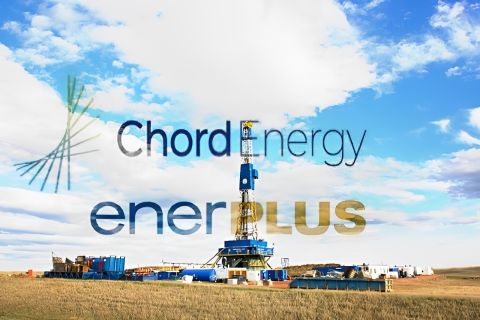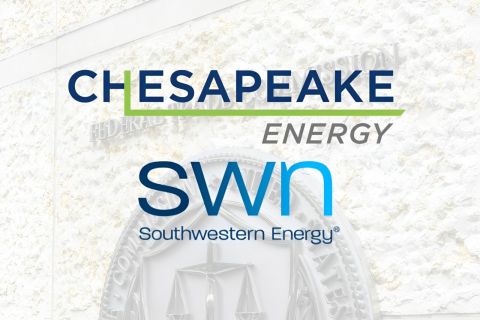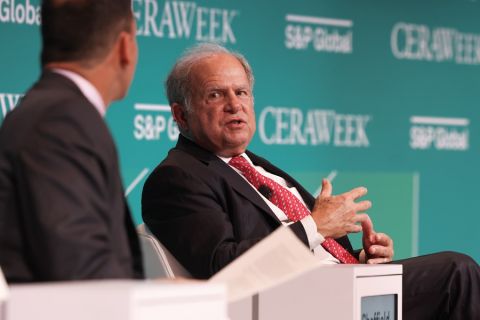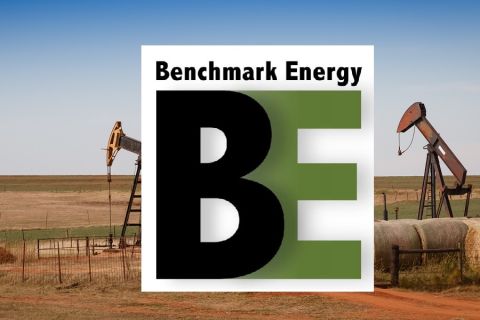
The JV with Repsol is one way around the delayed lease sales by developing what Talos and other operators already have. (Source: Shutterstock)
Talos Energy and Repsol have entered a 50-50 joint venture (JV) to conduct seismic reprocessing in an area of mutual interest (AMI) to ultimately develop an inventory of prospects to drill over the next few years.
Talos’ CEO Tim Duncan said any wells could ultimately be tied back to the company’s infrastructure and its host facility in Neptune.
The effort is a way to take advantage of acreage Talos purchased from EnVen Energy Corp. in February as part of a $1.1 billion deal, Duncan said on a Nov. 7 third-quarter earnings call.
“This is a combination of EnVen acreage and Talos acreage,” Duncan said. “So it's a way that we're trying to pull value out of a transaction in an acreage set that we didn't allocate value in when we bought the transaction.”
Talos said Repsol plans to participate not just financially and through working interests in the projects, but “they want to actually participate in the geological interpretation of what's happening.”
“They want to bring their expertise to bear and join us in trying to map through all this acreage,” he said.
“This is an important development that we hope will generate significant value over time,” Duncan added.
The JV comes as the Bureau of Ocean Energy Management has again postponed Gulf of Mexico Lease Sale 261 pending further direction from an appellate court.
Duncan expressed mixed feelings over the delay, noting the Department of Energy’s support for the industry’s carbon capture and sequestration efforts.
“It speaks to a little bit of the broader frustration when you have, I think a government that's super supportive of one part of our industry and what we're doing to decarbonize, but then less supportive on the traditional forms of our energy,” Duncan said. “What we hope out of our regulators is they're not picking winners and losers. And so the frustration obviously on the offshore side of the house… is that it feels like they're doing that.”
He noted that the Inflation Reduction Act requires lease sales to coincide within the same timeframe as wind sales. Duncan said the government wants the wind sales, so he fully expects the oil and gas sales to proceed.
The JV with Repsol is one way around the delayed lease sales by developing what Talos and other operators already have. Duncan said that Repsol, to the best of his knowledge, isn’t contributing acres. Rather, Talos has put a “halo” around the roughly 100,000 acres it holds to then develop inventory in that area through the AMI.
“This is more longer-term portfolio generation. These are types of prospects you see more in kind of the 2025 range and beyond,” Duncan said. “But it's absolutely the type of work that you need to do to make sure you're building inventory in the Gulf of Mexico.”
Poised for M&A
Duncan said Talos continues to actively evaluate business development opportunities that fit “our skillsets and strategies, are accretive to our shareholders and preserve or improve our strong credit position.”
That “spans tactical business development, bolt-on opportunities and larger strategic transactions,” he said.
The company is also looking at potential JVs that pull together acreage positions to build inventory.
“We're working some of those as well. And hopefully, those will come to fruition in the coming months,” he said. “So two ways to play it when you're trying to manage upcoming leasing or a lack of leasing, but you have a large acreage position, everybody else … has kind of similar challenges and opportunities. How do you find built-in partners and how do you pull acreage? And we're trying to do both in our business development activities.”
Duncan said Talos is carefully maintaining debt levels and appropriate liquidity should such opportunities emerge.
Pointing to the recent consolidation by Chevron to acquire Hess Corp., Duncan called the combination “fascinating.”
“We don’t know where that plays out,” he said. “The Gulf of Mexico is a core area for Chevron, but ultimately what is the right asset mix for a company like Chevron, for a company like Exxon? You don’t know the answer to that. But you do know that if and when they might want to think about M&A, particularly on the asset side, they’re probably going to want cash and they’re going to need a counterparty that they trust.”
The company isn’t rushing into anything, he added, “but we have to be prepared to be thoughtful on how to build out the firm and get to where we have a platform that has more scale and diversity.”
Recommended Reading
FTC Strikes Again: Diamondback’s $26B Endeavor Merger Delayed
2024-04-30 - Diamondback Energy, which was nearing the end of a regulatory review period of its merger with Endeavor Energy Resources, is the latest E&P to see a deal postponed by the Federal Trade Commission.
Chord, Enerplus’ $4B Deal Clears Antitrust Hurdle Amid FTC Scrutiny
2024-04-08 - Chord Energy and Enerplus Corp.’s $4 billion deal is moving forward as deals by Chesapeake, Exxon Mobil and Chevron experience delays from the Federal Trade Commission’s requests for more information.
Chesapeake-Southwestern Deal Delayed Amid Feds Scrutiny of E&P M&A
2024-04-05 - The Federal Trade Commission asked Chesapeake and Southwestern for more information about their $7.4 billion merger — triggering an automatic 30-day waiting period as the agency intensifies scrutiny of E&P deals.
FTC OKs Exxon-Pioneer Merger, but Bars Sheffield from Exxon’s Board
2024-05-02 - A megamerger between Exxon Mobil and Pioneer Natural Resources can proceed, but Pioneer Chairman Scott Sheffield is out, the Federal Trade Commission says.
Benchmark Buys Revolution Resources’ Anadarko Assets in $145MM Deal
2024-02-20 - Benchmark Energy II is acquiring Revolution Resources just over four years after Revolution bought out Jones Energy Inc.’s Midcontinent portfolio.


